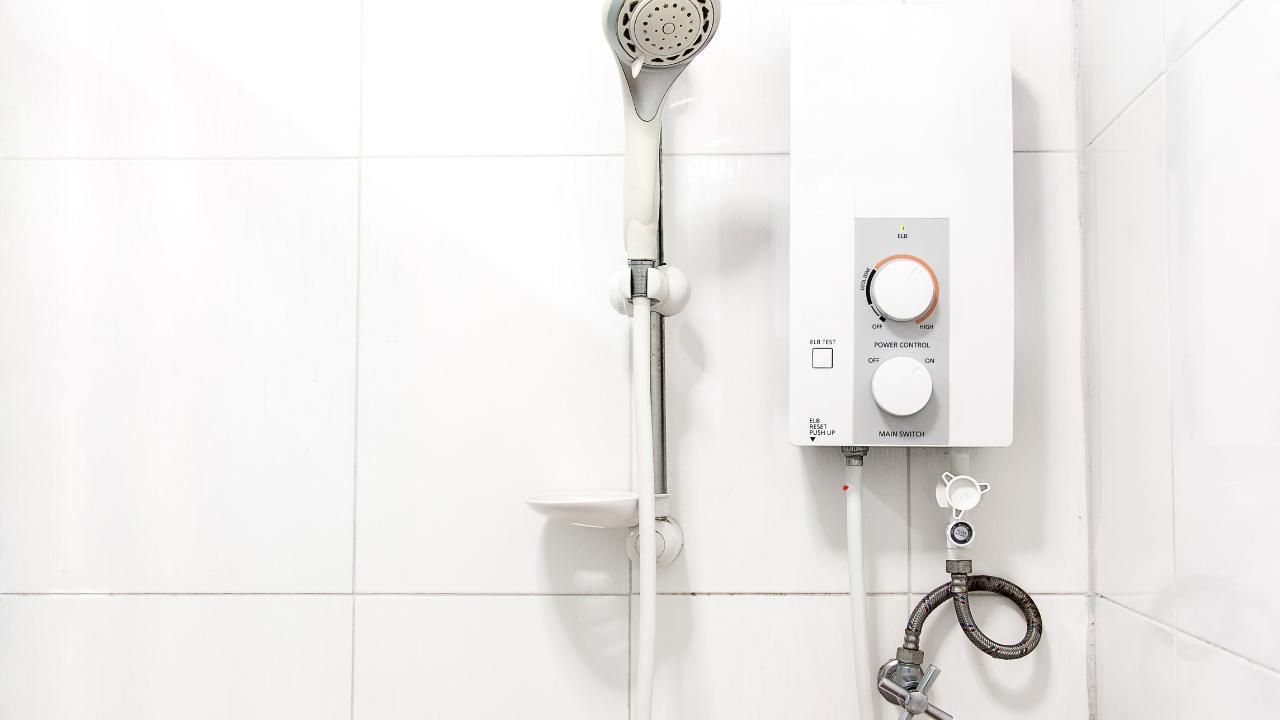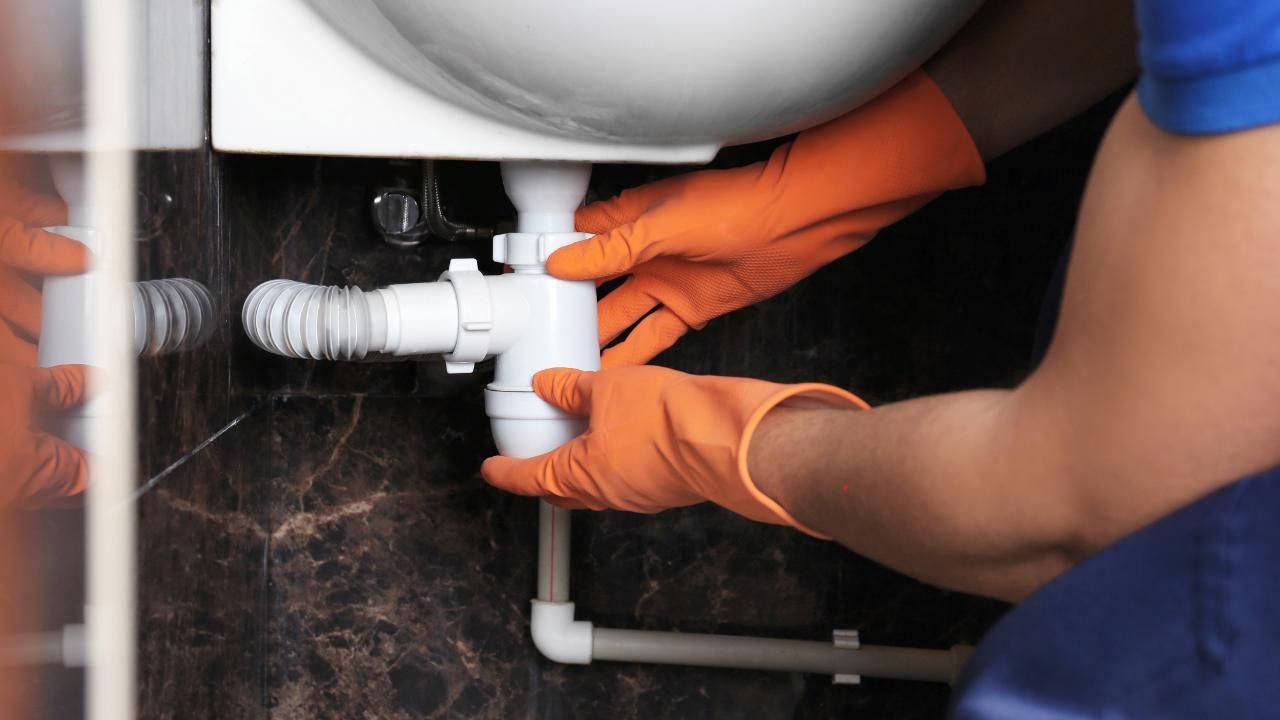How to Extend the Life of Your New Water Heater

Investing in a new water heater is a big step toward comfort and convenience in your home. It’s one of those appliances you don’t think about until something goes wrong, but with a little attention, you can make sure it runs smoothly for years. Many homeowners call for plumbing services Commerce City CO only when there’s an emergency, but preventive care is the real secret to extending the life of your system.
Your choice of installation partner also matters. A trusted plumbing company like Fast Trak Plumbing and Drain can set your water heater up correctly from day one, which helps avoid common issues that shorten its lifespan. Once it’s properly installed, the responsibility shifts to ongoing care and maintenance that keeps it performing at its best.
Think of your water heater like a car. Just as you wouldn’t ignore oil changes, you shouldn’t ignore the small maintenance steps that add up to years of extra use. Whether you want to avoid costly repairs or delay a full water heater replacement, there are simple habits you can adopt to keep things running efficiently.
Let’s break down the best ways to give your new water heater the longest possible life.
1. Flush the Tank Regularly
Over time, sediment and minerals from your water supply collect at the bottom of your tank. This buildup makes the heater work harder and can cause damage to the tank lining or heating elements. Flushing the tank once or twice a year helps clear this out. It’s a simple process: attach a garden hose to the drain valve and let the water run until it’s clear. If you’re not comfortable doing this yourself, calling a professional is always a safe bet.
2. Check the Anode Rod
The anode rod is a small but powerful protector inside your water heater. Its job is to attract corrosion so your tank doesn’t have to. The rod naturally wears out over time, usually lasting three to five years. Checking it regularly and replacing it when needed can prevent rust from eating away at your tank. This inexpensive maintenance step is one of the best insurance policies against premature heater failure.
3. Adjust the Temperature
Most water heaters are set to 140 degrees Fahrenheit by default, but that’s hotter than most households need. By lowering the thermostat to around 120 degrees, you reduce stress on the system, cut energy bills, and lower the risk of scalding. The heater won’t have to work as hard, which extends its life and saves you money.
4. Insulate for Efficiency
Heat loss is a sneaky energy waster. Wrapping your water heater in an insulation blanket and insulating the first few feet of hot water pipes can reduce the workload on your system. Less heat loss means the heater doesn’t have to cycle as often, which keeps wear and tear to a minimum.
5. Schedule Professional Inspections
Even with DIY care, a yearly inspection by a licensed plumber is wise. Professionals can spot small issues—like leaks, valve problems, or early signs of corrosion—before they turn into major repairs. This proactive approach often pays for itself by preventing emergencies and extending the lifespan of your unit.
Case Study: The Johnson Family
The Johnsons in Commerce City installed a new water heater two years ago. Instead of waiting for problems, they followed a yearly maintenance plan. They flushed the tank each spring, checked the anode rod after the first year, and scheduled a professional inspection with a local plumber. Their technician even adjusted the thermostat for better efficiency. The result? Lower monthly energy bills and peace of mind knowing their system is on track to last a decade or more without major issues.
Final Thoughts
A water heater is a long-term investment, but only if you take care of it. With simple steps like flushing the tank, checking the anode rod, adjusting the temperature, and scheduling professional inspections, you can add years to its lifespan. Whether you handle some tasks yourself or lean on the pros, these habits save you money and stress down the road.
If you want expert help maintaining your system and protecting your investment, don’t wait until there’s a breakdown—reach out to local professionals who can guide you through the process.




